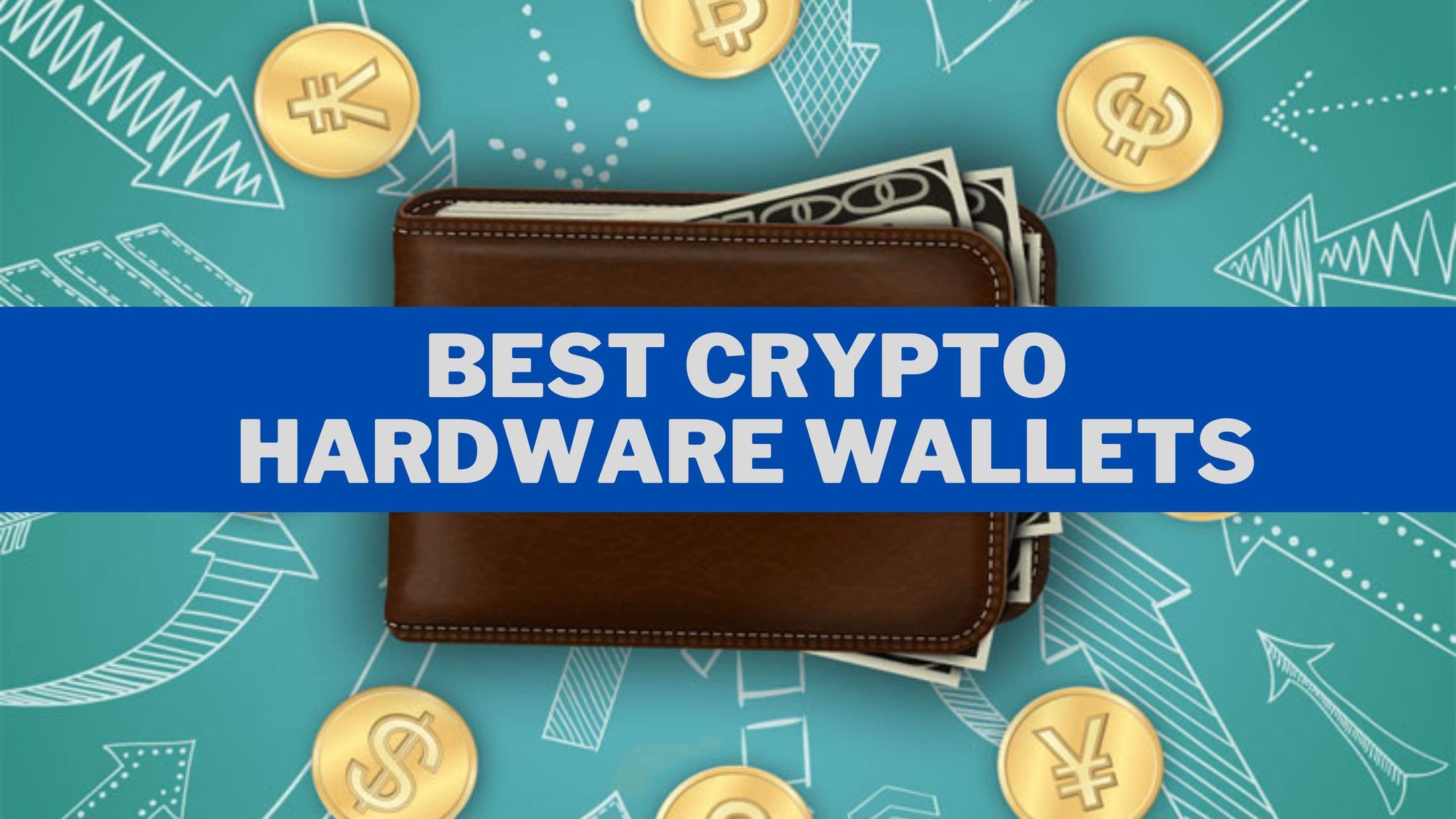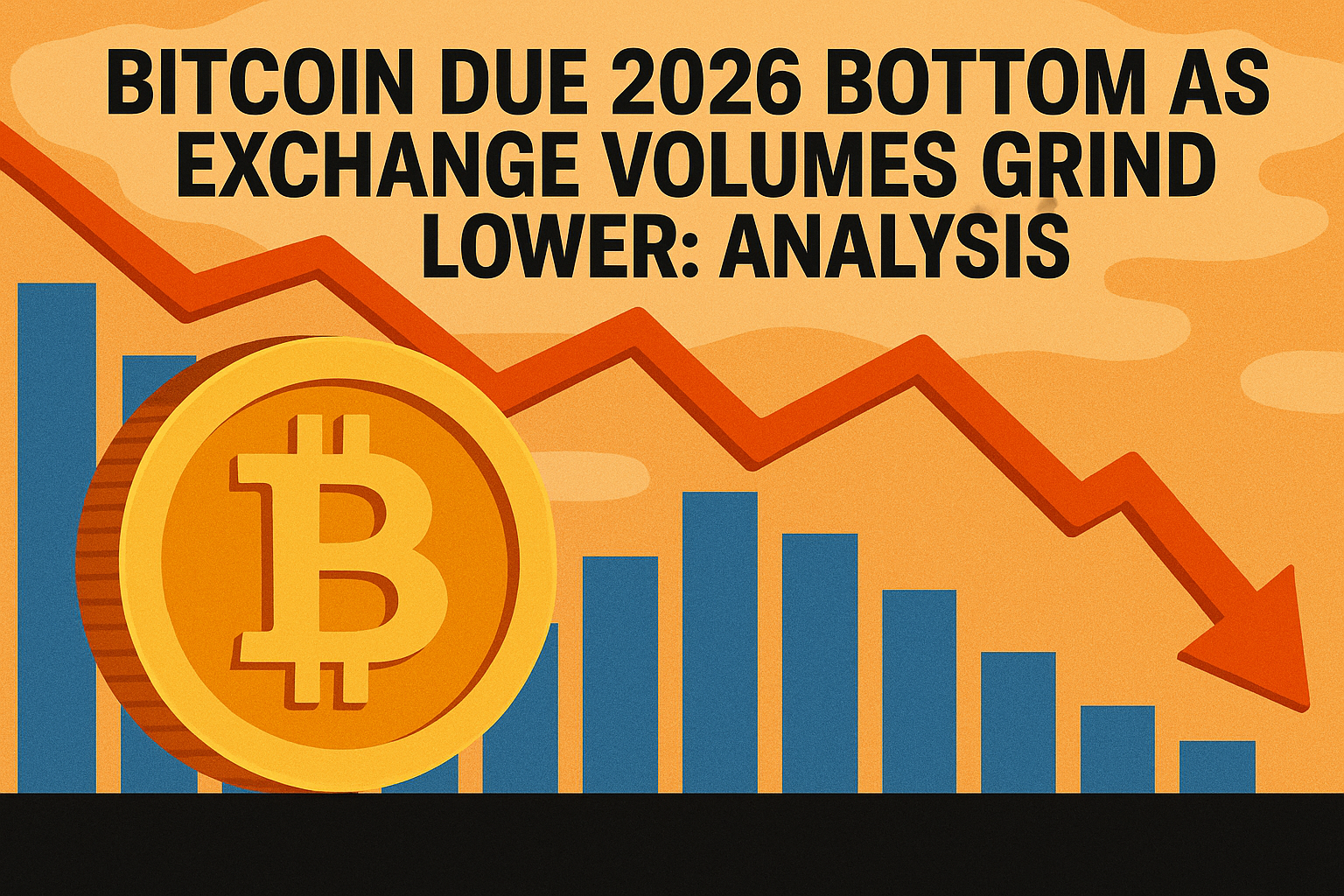Table of Contents
Introduction:
In the rapidly growing world of cryptocurrencies, protecting your digital assets is of paramount importance. As a cryptocurrency investor, the security of your crypto holdings should always be at the top of your priority list, especially as malicious actors continue to target unsuspecting investors. Safeguarding your investments starts with understanding how to properly store your cryptocurrencies and choosing the optimal solution for your needs. In this comprehensive guide, we will provide you with detailed steps and best practices to help you secure your digital wealth.
We'll walk you through various wallet options, explaining their security features, pros, and cons, and assist you in determining the most suitable solution for your unique circumstances. Whether you're just beginning your crypto journey or looking to enhance the security of your existing holdings, this guide will equip you with the knowledge needed to protect your valuable digital assets. So, let's dive into the exciting world of cryptocurrency storage and security!
Understanding Cryptocurrency Wallets
Cryptocurrency wallets are essential tools for securely storing, managing, and interacting with your digital assets. They hold your private and public cryptographic keys, enabling you to send, receive, and track your cryptocurrency holdings. There are various types of wallets available, each with different features, security levels, and user experiences. To help you pick the right option for your needs, we will discuss four main categories of cryptocurrency wallets: hot wallets, cold wallets, hardware wallets, and paper wallets.
Hot Wallets: Digital Wallets for Everyday Use
Hot wallets are digital wallets that are connected to the internet, making them easily accessible but also more vulnerable to cyber-attacks and hacking attempts. These wallets are typically offered by exchanges, wallet service providers, and even individual software developers. They provide a higher level of convenience for users who trade or transact regularly with their cryptocurrencies. Examples of hot wallets include browser extensions and mobile or desktop apps.
Pros:
- Easy to set up and use
- Quick access to your funds for trading or transactions
- Often free or low-cost
Cons:
- Vulnerable to cyber-attacks and hacks
- Requires trusting a third-party service with your private keys (in some cases)
- Not ideal for long-term or high-value storage

Cold Wallets: Offline Storage Solutions
Cold wallets are offline storage solutions and are considered more secure since they are not connected to the internet. These wallets can come in various forms, such as hardware wallets, air-gapped computers with installed wallet software, or even paper wallets. Cold wallets are ideal for long-term storage or when securing large amounts of cryptocurrencies.
Pros:
- Provides an increased level of security against cyber-attacks
- No reliance on third-party services
- Suited for long-term storage of digital assets
Cons:
- Less convenient for quick transactions or trading
- Setup may be more complex than hot wallets
- Can be susceptible to physical theft or damage

Hardware Wallets: Secure, Portable Cold Storage
Hardware wallets are small, dedicated devices designed specifically for storing cryptocurrencies offline. They offer a balance between security and convenience, enabling users to maintain control over their private keys without relying on third-party services. They typically connect to a computer or mobile device via USB, allowing users to access their funds easily when necessary. Popular hardware wallets include the Ledger Nano S, Trezor One, and KeepKey.
Pros:
- High level of security, keeping your private keys offline
- Portable and convenient for frequent transactions
- Support for multiple cryptocurrencies
Cons:
- Can be expensive, depending on the model
- Requires upkeep and software updates
- Vulnerable to physical damage or theft


Paper Wallets: Low-Tech Offline Storage
Paper wallets are physical documents containing your public and private keys, usually in the form of QR codes. They provide a low-tech, secure method for storing your cryptocurrencies completely offline. Through a trusted online or offline generator, users can create a new wallet address, print out the corresponding keys, and later scan the QR codes to access their funds when needed. It is vital to keep your paper wallet safe from damage, such as water and fire, and ensure it remains securely stored.
Pros:
- Completely offline, offering high security
- Inexpensive, low-tech storage option
- No need for hardware or software updates
Cons:
- Not as user-friendly for frequent transactions
- Prone to physical damage or loss
- Risk of improper generation or printing if not done carefully
Best Practices for Securing Your Cryptocurrencies
Regardless of which wallet type you choose, it is essential to establish a robust security routine to protect your digital assets best. Here are some best practices to help you secure your cryptocurrencies:
- Use two-factor authentication (2FA): Enable 2FA on every wallet or exchange account that offers it. This adds an extra layer of security by requiring confirmation from another device before accessing your account.
- Secure your private keys: It is crucial never to disclose your private keys to anyone. Store them safely and securely, preferably offline, to minimize the risk of loss or theft.
- Regularly update your wallet software: Ensure your software is up to date to maintain the highest security level possible. Updates often include valuable security enhancements that protect your assets.
- Keep regular backups: Regularly back up your wallet data, especially for cold wallets, as hardware can fail or become damaged, resulting in the loss of your digital assets. Store backups securely and, if possible, in multiple locations.
- Use different wallet addresses: Consider using multiple wallet addresses for different purposes or cryptocurrencies. This can help avoid exposing your entire portfolio to potential vulnerabilities.
By following these best practices and carefully considering your wallet options, you can significantly reduce the risk of losing your valuable cryptocurrencies to cyber-attacks or other issues. Remember, the ultimate responsibility for securing your digital assets lies in your hands, so take the time to educate yourself on the available options and make informed decisions.
Secure Your Digital Financial Future
Cryptocurrencies are changing the way we transact and build wealth, but their decentralized nature means it's crucial to take the proper steps to safeguard your investments. Choosing the right wallet that meets your needs and implementing best practices to secure your digital assets can give you the peace of mind you deserve. Investing time in understanding various wallet solutions and their security features will pay off in the long run, ensuring the protection of your hard-earned digital wealth.
For more expert advice, updates, and insights into the world of cryptocurrencies, stay connected with Altcoin Investor. Enhance your understanding of blockchain trends and the dynamic landscape of altcoins. Don't miss out—join the Altcoin Investor community today and take control of your financial future in the expanding world of digital assets!









